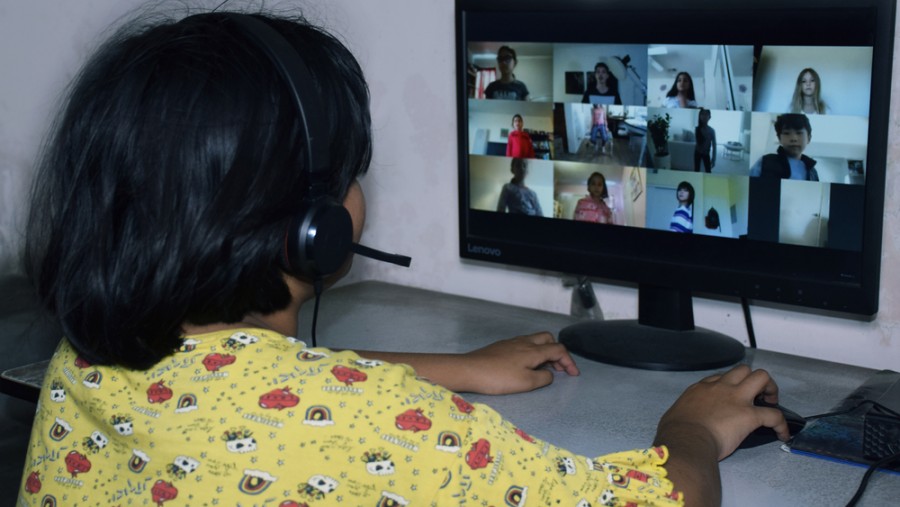That the Covid-19 pandemic has led to a significant loss of learning among students on account of disruptions in schooling is now an established fact. But the gaps in learning are not even among social constituencies. A survey conducted by the National Coalition on the Education Emergency, between October 2021 and January 2022, has found on the basis of parents’ opinion that the learning gap has widened between children from affluent families and those from lower socio-economic backgrounds. The report, Cries of Anguish, attributed the difference to various factors — uneven access to online classes, differential ability of parents to guide their children and the effect of private tuition. It surveyed 512 households — 100 from Karnataka, 212 from Telangana and 200 from Tamil Nadu — mostly from the underprivileged sections of society; only 24% parents in Telangana and 4% each in Tamil Nadu and Karnataka were employed in the formal sector. The study concluded that technology-driven education — online learning — can only help those who can depend on parental guidance. While just half of the parents belonging to the higher socio-economic status were happy with their children’s education, the study found that merely 9% of parents from low SES were satisfied with their ward’s level of learning. Most people said that their children’s reading and writing abilities have suffered because of online learning.
The pandemic had forced schools to hastily transition to online learning. Since then, several studies have raised concerns about the poor access to education among children from underprivileged socio-economic backgrounds. There are other, attendant challenges. A Unicef report found that prolonged confinement at home has deprived children of social skills that are usually learnt by interacting with peers. In spite of these pitfalls, the Bharatiya Janata Party-led Central government has been enthusiastic in its endorsement of online education. The National Education Policy, 2020 prioritizes digital learning and has proposed the use of platforms such as Swayam and Diksha. There is an urgent need to assess the magnitude of the adverse effect of digital education in exacerbating existing inequalities. As schools reopen across the country, it is now essential to implement remedial programmes to help students get back on track. Incentives must be provided to families that have withdrawn their children from schools, leading to a possible escalation in school drop-out rates. Unless there are targeted measures to bridge the gap, the impact of learning loss will be borne by generations to come.










